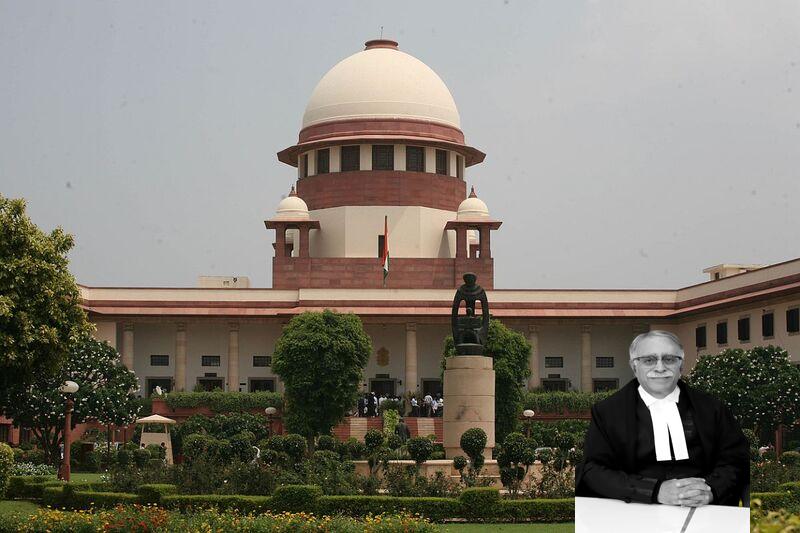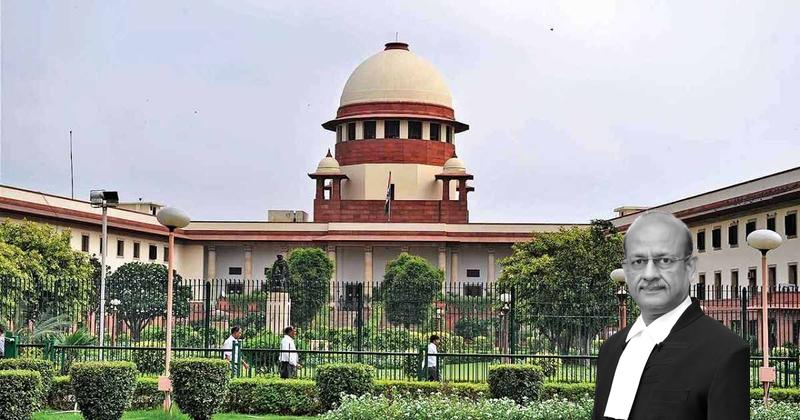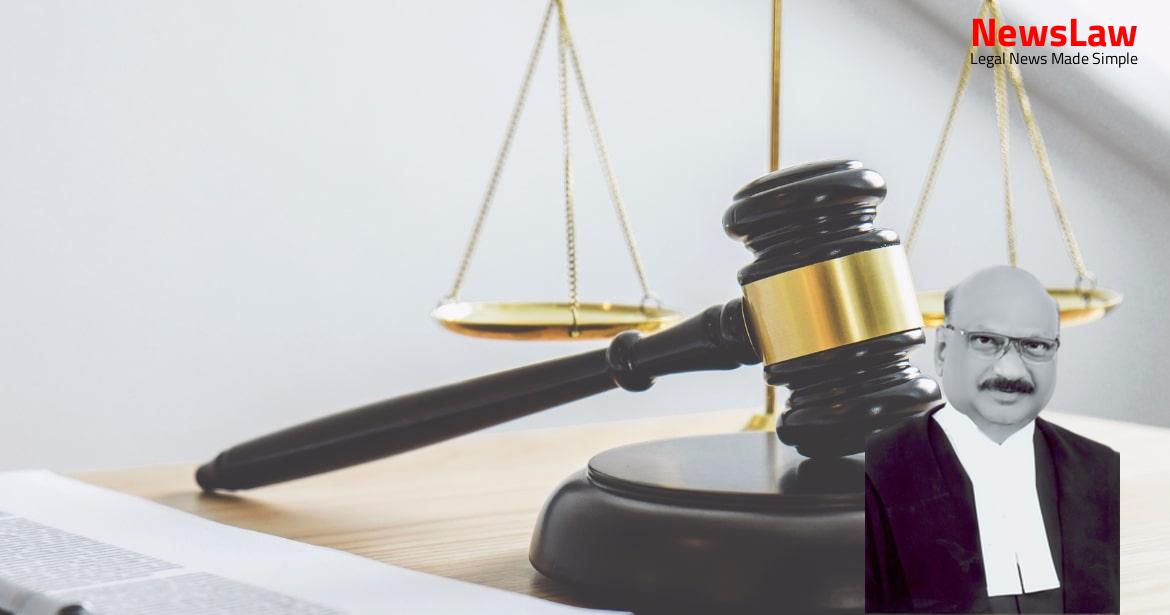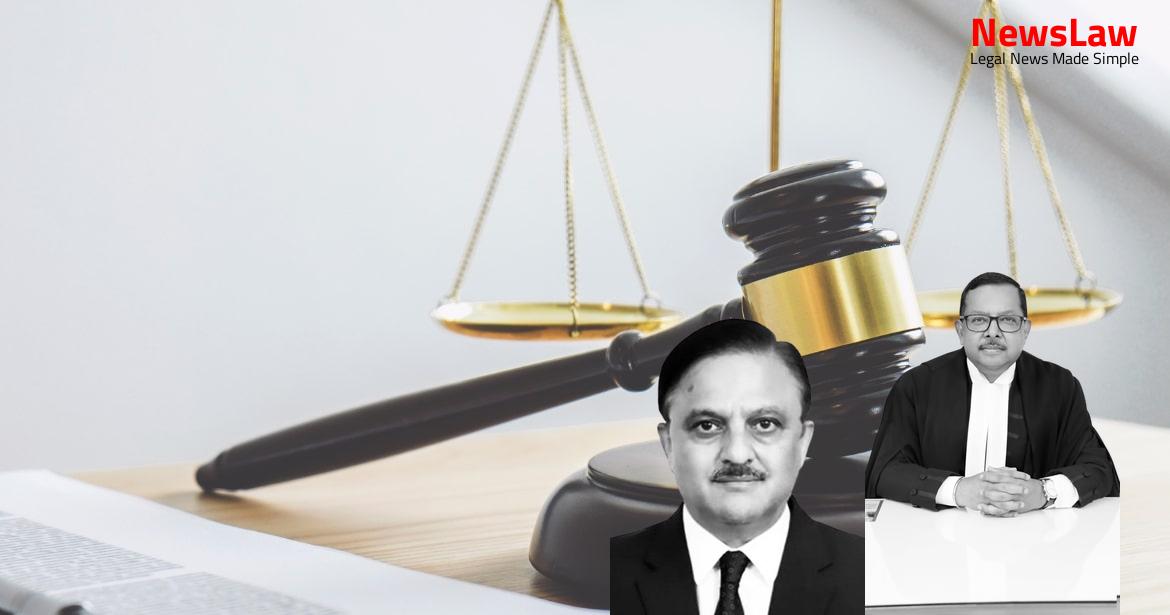A brief conspectus of facts, as relevant for adjudication of this appeal is- 2.1
The Respondent was commissioned in the Administrative Branch of the Indian Air Force on 29 December, 1982. 5 On 15 April 2013 another officer of the upgraded rank was appointed to serve as JAG (Air) and upon his superannuation, the Appellant was re-appointed to the said position on 1 October 2014. 1
The MoD by order dated 29th September, 2015, considered the Respondent’s complaint. The grievance was noted as being the denial of promotion to the rank of AVM despite a clear legal vacancy being available. 2
The conclusions arrived at by the competent authority of the MoD in respect of the Respondent’s complaint can be summarised as under: – 6.2.1 At the outset, it was noted that the Indian Air Force does not have a separate legal branch. Such marks awarded were “disproportionate to his demonstrated performance as revealed from the ARs and the officers placed above him on the basis of AR marks were given lesser board marks though these officers had varied exposure to the duties of the Adm Branch…” 6.2.5 As per the promotion policy, for the promotion to the current position of the Respondent as also AVM, the ARs of the last 10 years are to be taken in into consideration. In the original application filed before the Armed Forces Tribunal, the Respondent urged, mainly, the following grounds- 7.1 The Respondent (Appellant herein) has knowingly and deliberately not convened the promotion board in 2014 to facilitate the promotion of the Applicant (Respondent herein) in the legal branch. In its counter affidavit, the Appellant herein submitted, chiefly, as under: – 8.1 In the names forwarded by the promotion board, the Respondent herein featured as 1 of the 5 persons recommended to be appointed as AVM.
Substantive ranks can only be granted to such an officer if he is cleared for such promotion in the parent branch. Having considered all these factual and legal aspects of the matter, we are of the considered opinion that non- framing of the policy for filling up the post of JAG (Air) in the rank of AVM by constituting a Special Promotion Board has adversely affected the petitioner’s right to be considered for the promotion in a just, fair and reasonable manner.
Also Read: https://newslaw.in/supreme-court/legal-analysis-of-appeal-against-order-of-commissioner-of-payments/
For all these reasons, the OA is allowed in part and the impugned decision of the respondent No 1 not approving the recommendation of the Promotion Board qua the petitioner is set aside with the direction to reconsider the same after formulating the policy for filling up the AVM rank post in the JAG (Air) Department by convening a separate Promotion Board.
In the peculiar facts and circumstances of the case, it is further directed that the petitioner shall continue to function as JAG (Air) till the process of formulating a policy for filling up the post of JAG (Air) in the rank of AVM and affording an opportunity to the petitioner for being considered by the Promotion Board to be constituted under the policy is completed.
2 It was submitted that the Tribunal failed to consider the fact that the Respondents had duly been considered for promotion to the rank of AVM along with his colleagues of the administrative branch and was “not found fit to be promoted.”
The Respondent, vide his counter affidavit dated 21 March 2016 has submitted the following: – 11.1 It is submitted that the Indian Air Force failed to formulate any policy to fill up the updated vacancy of AVM JAG (Air). 2 Whether the Tribunal could have directed that the Respondent would continue functioning in such capacity despite non-acceptance of the Promotion Board’s recommendation till such time that the policy is framed by the Government and be given an opportunity for consideration by the promotion board constituted under such new policy? Section 14 therein, details the jurisdiction, power and authority of the Tribunal in service matters and Section 15 delineates the same in terms of appeal from orders of Court Martial.
(3) On receipt of an application relating to service matters, the Tribunal shall, if satisfied after due inquiry, as it may deem necessary, that it is fit for adjudication by it, admit such application; but where the Tribunal is not so satisfied, it may dismiss the application after recording its reasons in writing. (5) The Tribunal shall decide both questions of law and facts that may be raised before it” 15. It must be noticed, as per Section 14(4) for the purposes of adjudication of dispute before it, the Tribunal has been vested with the powers of a civil court. Pushpavanam where while adjudicating a challenge to an Order passed by a High Court directing the State to decide the status of the Law Commission as a Statutory or Constitutional body and also to consider the introduction of a bill in respect of torts and State liability, observed as under: – “..As far as the law of torts and liability thereunder of the State is concerned, the law regarding the liability of the State and individuals has been gradually evolved by Courts. Even the creation and/or sanction of the posts is also the sole prerogative of the Government and the High Court, in exercise of the power under Article 226 of the Constitution, cannot issue Mandamus and/or direct to create and sanction the posts.” Union of India, (1997) 3 SCC 261 : 1997 SCC (L&S) 577] that writ jurisdiction under Article 226 does not limit the powers of High Courts expressly or by implication against military or armed forces disputes.
Article 136(2) prohibits direct appeals before the Supreme Court from an order of Armed Forces Tribunals, but would not prohibit an appeal to the Supreme Court against the judicial review exercised by the High Court under Article 226. The jurisdiction which Articles 226 and 136 confer entitles the High Courts and this Court to examine the decisions of all tribunals to see whether they have acted illegally. Thus, while upholding the principles of “Tribunalisation” under Article 323A or Article 323B, the Bench was unequivocally of the view that decisions of Tribunals would be subject to the jurisdiction of the High Court under Article 226 of the Constitution, and would not be restricted by the 42 Constitutional Amendment which introduced the aforesaid two Articles.
Thus, it only stands to reason then, that, a Tribunal subject to the High Court’s jurisdiction under Article 226, cannot be permitted by law, to direct the framing of policy by the Government. The determination of the age of retirement is a matter of executive policy.
Case Title: UNION OF INDIA Vs. AIR COMMODORE NK SHARMA
Case Number: C.A. No.-014524-014524 / 2015



